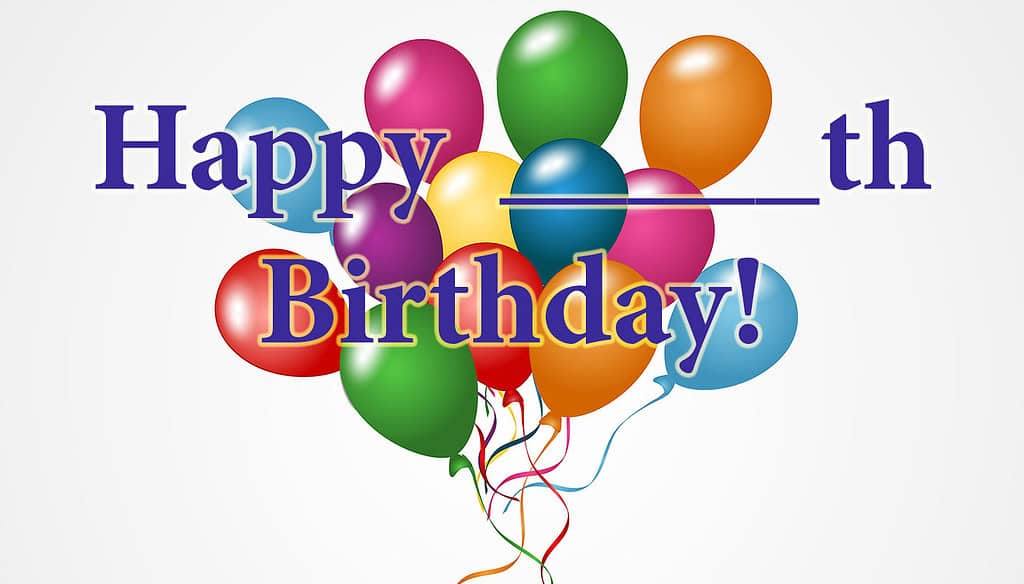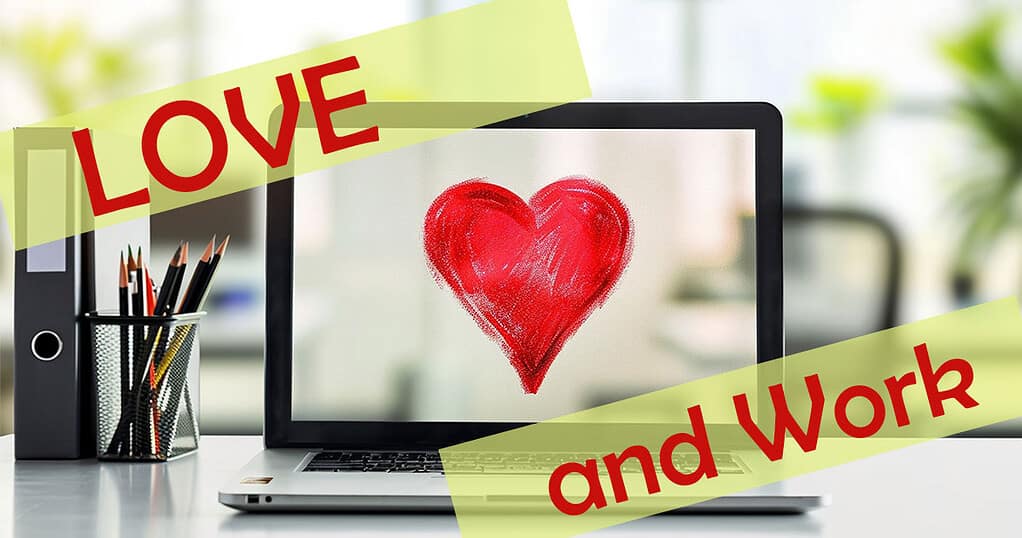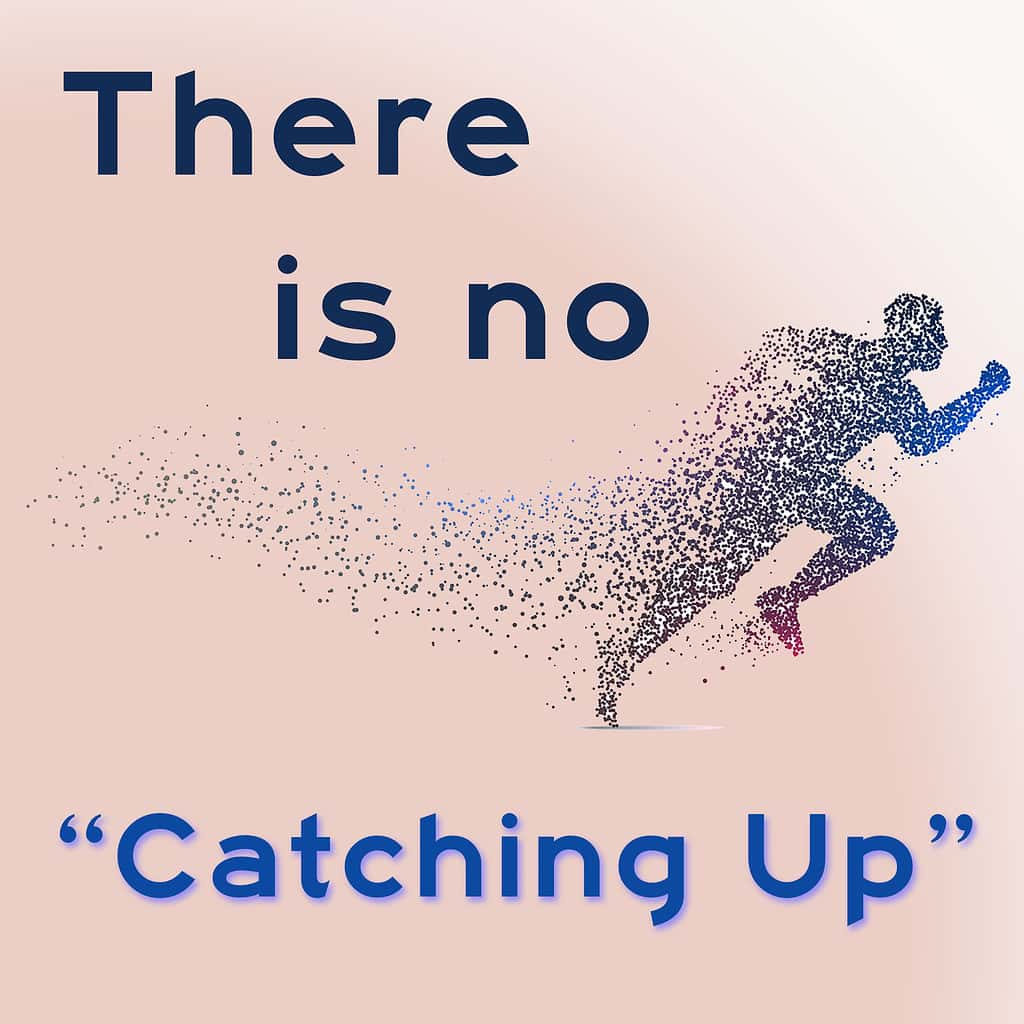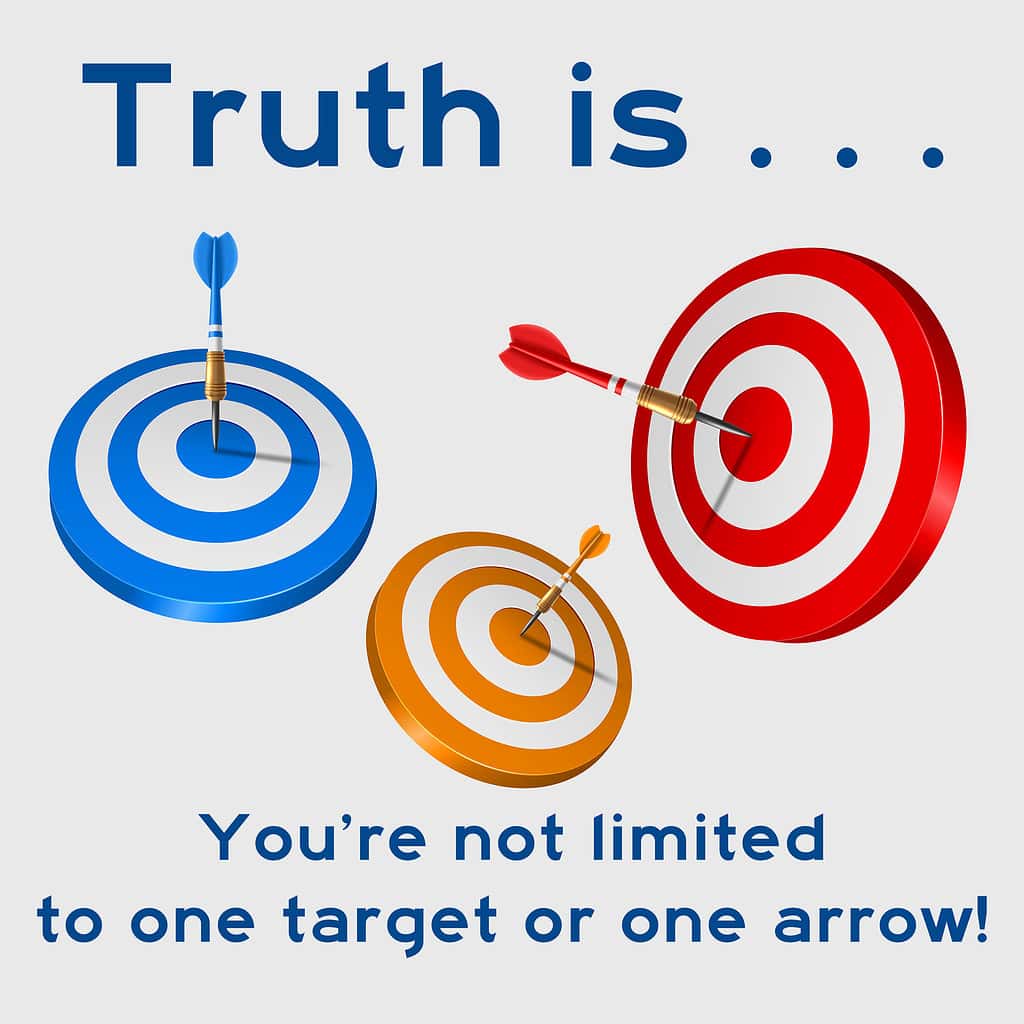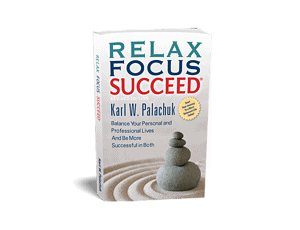I was watching a movie recently and it struck me that people were panicking when they could choose not to panic. The core action was about someone accidentally starting a fire. Okay. I admit that’s not good. Burning down a house is not a positive experience.
But while that character sat sobbing and feeling like she had just “ruined everything,” her sister started yelling and screaming – without pausing for one second to ask what happened.
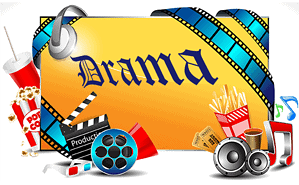
Yes, I get it. That’s what makes drama good. But in the real world, it’s the kind of behavior that only adds negativity to the situation.
Then it occurred to me why I could never be a fiction author or playwright. Due in large part to my meditation practice, my first reaction to almost any situation is to stop, look around, and assess the situation. I wonder what people are going through – and I try to get their perspective.
And more importantly, I look at what is actually happening versus what I think, observe, or fear is happening.
It’s almost like a self-coaching or self-therapy session. Am I actually in danger, or just afraid of the danger? I see an activity, but is it really obvious what happened to cause that?
Human beings are really good a filling in the gaps. Even as infants, we connect things in surprising ways. If we see one end of a stick on the left side of a blanket and the other end of a stick on the right side of a blanket, we believe that it’s two ends of the same stick. When we’re correct about our observations often enough, we start making these conclusions faster and more frequently. Pretty soon, most of what we “experience” is actually made up from a series of observations.
I love to tell people that my favorite situation comedy [insert you favorite show here] episode is the one where someone overhears two others talking, but doesn’t hear the context. He (or she) then comes to the wrong conclusion, followed by plotting, anger, confrontation, and then realization that they got it all wrong from the start.
That happens all the time in movies and real life as well. It’s the drawing-the-wrong-conclusion part that’s avoidable. We can stop the action in our heads for just a second and ask, “Is what I’m perceiving real?” or “Does this mean what I think it means?”
Stepping outside yourself (your own brain) to look at yourself more objectively is a benefit of meditation.
But just be aware that it takes a lot of the drama out of some movie scripts.
🙂

